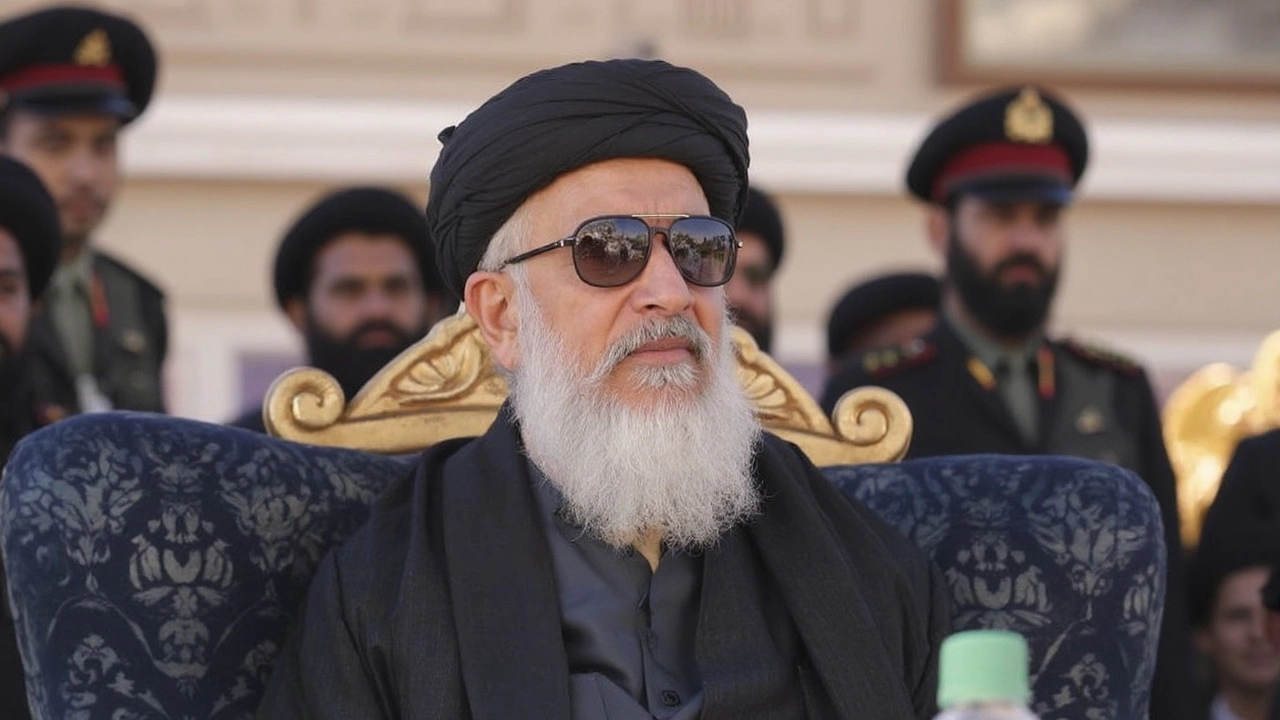
Sher Mohammad Abbas Stanikzai, a senior figure from the Taliban with a storied past and complicated present, has publicly underscored the importance of strong ties between Afghanistan and India. Having trained at the famed Indian Military Academy in Dehradun in the 1980s, Stanikzai possesses a unique perspective on Indo-Afghan relations. Recently, his focus on enhancing partnerships with India comes at a crucial time for Afghanistan, which is eager to establish robust international ties amid shifting political landscapes.
India's Strategic Significance
Stanikzai has consistently advocated for recognizing India's vital role in Afghanistan's socio-economic infrastructure. India's contributions post the Taliban's ascent to power have included significant efforts in trade, infrastructure, and diplomatic engagement. Stanikzai's acknowledgment of these efforts isn't just lip service; it highlights the urgency and necessity of steadying Afghanistan's diplomatic relations with its neighbors to ensure a stable future.
The backdrop to these diplomatic overtures includes ongoing tensions within the Taliban leadership, particularly regarding policies like the restriction on women's education—a policy that Stanikzai has openly critiqued. His vocal discontent with hardline stances led to friction with Taliban emir Hibatullah Akhundzada. In a dramatic turn, this internal discord led Stanikzai to seek refuge in the UAE earlier in 2025, thereby avoiding potential arrest in Afghanistan.
The Diplomatic Journey
Stanikzai's journey in political affairs is extensive. He served as the Deputy Foreign Minister during the Taliban's first tenure from 1996 to 2001, a period marked by seclusion and international sanctions. However, his role as the chief negotiator with the United States during the 2018-2019 peace talks showcased his ability to steer delicate diplomatic discussions. Despite recent ideological clashes, he remains an influential player in shaping Afghanistan's diplomatic future.
His latest remarks about India are more than mere statements—they represent an actionable agenda to foster cooperation that could benefit both nations. This cooperation could encompass areas such as commerce, regional security, and cultural exchanges. As Afghanistan stands at a crossroads, voices like Stanikzai's may influence its journey toward reintegration in the global community while navigating internal challenges.